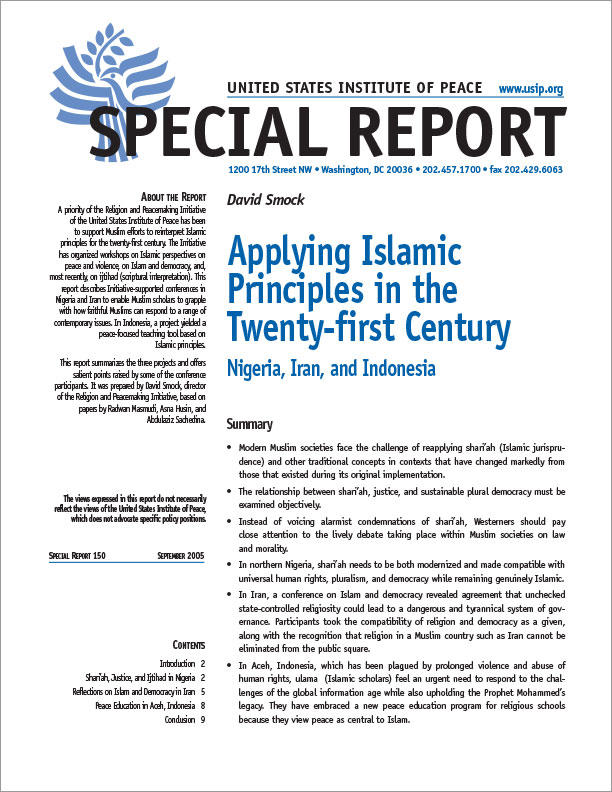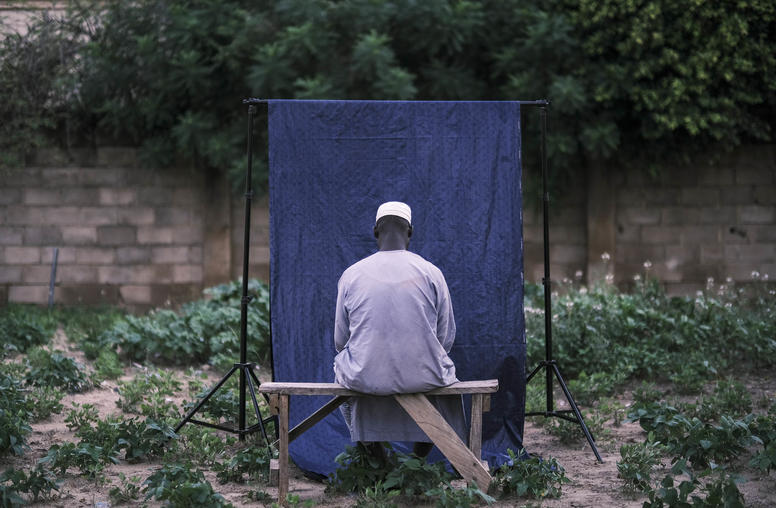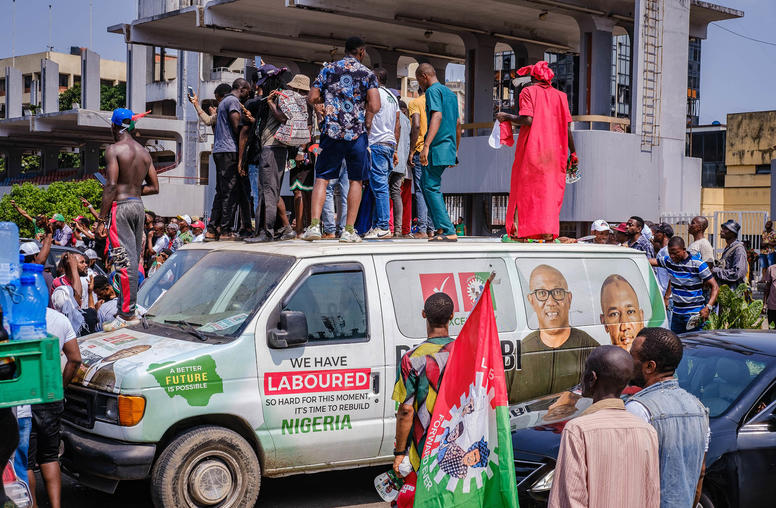Applying Islamic Principles in the Twenty-first Century: Nigeria, Iran, and Indonesia
This report summarizes the three projects and offers salient points raised by some of the conference participants. It was prepared by David Smock, director of the Religion and Peacemaking program, based on papers by Radwan Masmudi, Asna Husin, and Abdulaziz Sachedina.

Summary
- Modern Muslim societies face the challenge of reapplying shari'ah (Islamic jurisprudence) and other traditional concepts in contexts that have changed markedly from those that existed during its original implementation.
- The relationship between shari'ah, justice, and sustainable plural democracy must be examined objectively.
- Instead of voicing alarmist condemnations of shari'ah, Westerners should pay close attention to the lively debate taking place within Muslim societies on law and morality.
- In northern Nigeria, shari'ah needs to be both modernized and made compatible with universal human rights, pluralism, and democracy while remaining genuinely Islamic.
- In Iran, a conference on Islam and democracy revealed agreement that unchecked state-controlled religiosity could lead to a dangerous and tyrannical system of governance. Participants took the compatibility of religion and democracy as a given, along with the recognition that religion in a Muslim country such as Iran cannot be eliminated from the public square.
- In Aceh, Indonesia, which has been plagued by prolonged violence and abuse of human rights, ulama (Islamic scholars) feel an urgent need to respond to the challenges of the global information age while also upholding the Prophet Mohammed's legacy. They have embraced a new peace education program for religious schools because they view peace as central to Islam.
About the Report
A priority of the Religion and Peacemaking program of the United States Institute of Peace has been to support Muslim efforts to reinterpret Islamic principles for the twenty-first century. The Initiative has organized workshops on Islamic perspectives on peace and violence, on Islam and democracy, and, most recently, on ijtihad (scriptural interpretation). This report describes Initiative-supported conferences in Nigeria and Iran to enable Muslim scholars to grapple with how faithful Muslims can respond to a range of contemporary issues. In Indonesia, a project yielded a peace-focused teaching tool based on Islamic principles.
This report summarizes the three projects and offers salient points raised by some of the conference participants. It was prepared by David Smock, director of the Religion and Peacemaking program, based on papers by Radwan Masmudi, Asna Husin, and Abdulaziz Sachedina.
The views expressed in this report do not necessarily reflect views of the United States Institute of Peace, which does not advocate specific policy positions.



